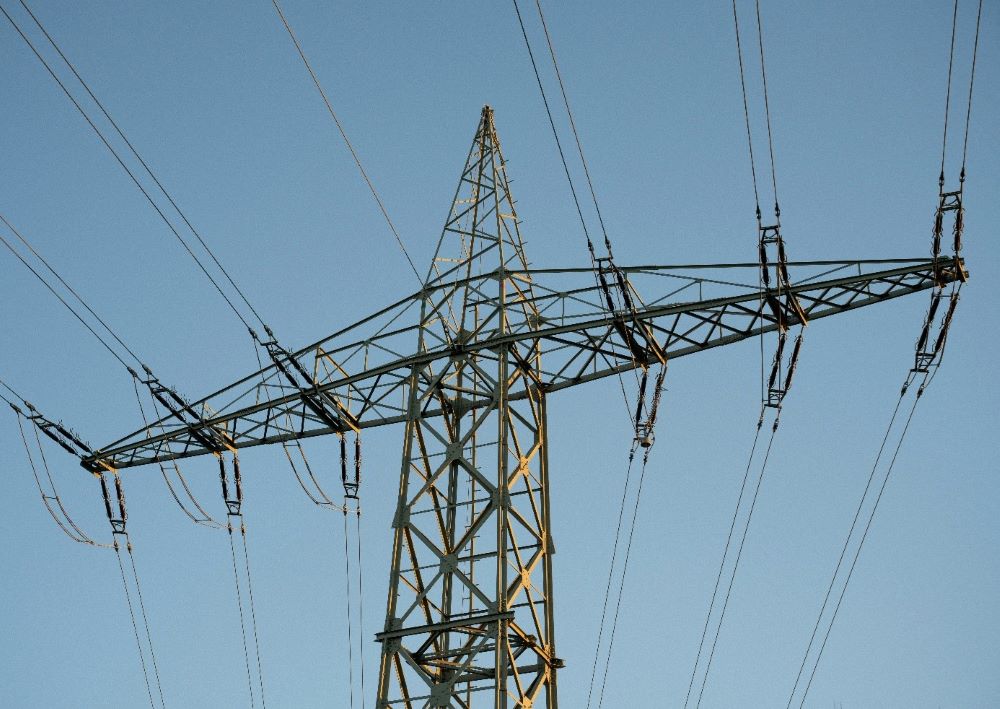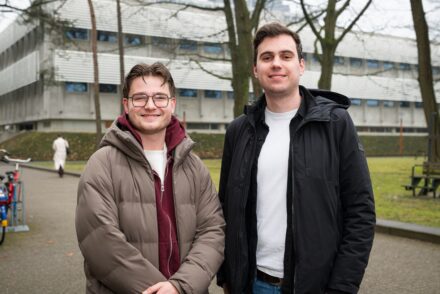Overloaded power grid: researchers from Tilburg University and Enexis collaborate on a solution
Due to the growing demand for electricity, the Dutch power grid is under immense strain. In the Joule4Joule project, Tilburg researchers and grid operator Enexis are working together on decentralized neighborhood energy systems. These systems allow residents to generate, store, and use energy independently. This alleviates pressure on the power grid and makes neighborhoods more sustainable.

The Dutch power grid is overcrowded. Due to the energy transition, electricity demand is rising, increasing pressure on the grid. This leads to delays in housing construction and, in the long term, could even cause short circuits and power outages. One possible solution is to reduce electricity consumption during peak hours, but at the Academic Workplace for Climate and Energy, a group of Tilburg researchers is working on another approach: neighborhood energy systems.
Joule4Joule
Four researchers are collaborating with energy provider Enexis and other industry partners to establish decentralized energy systems, enabling residents to generate, store, and fairly distribute energy among themselves. The project, named Joule4Joule, aims to create more sustainable neighborhoods while easing the burden on the overcrowded power grid.
Luc van de Sande is involved in the research and explains: ‘The idea is that a neighborhood becomes entirely independent from the central grid and is self-sufficient in energy management. Residents can, for example, store solar energy generated in the summer for long-term use and then utilize it in the winter. This is more sustainable, but ideally, it also reduces costs for residents.’
According to Van de Sande, the project is being implemented in four different municipalities: Kampen, Deventer, Groningen, and Culemborg. Additionally, there are so-called mirror locations where similar initiatives are taking place, allowing for mutual learning. ‘Various experiments are being conducted to develop effective neighborhood energy systems. That’s why we are exploring different types of municipalities to determine the best approach for each. In four years, we aim to have a comprehensive blueprint outlining clear steps for a fairer and more sustainable power grid,’ says the researcher.
Co-creation
Within the research, the university serves as the scientific partner for Enexis. According to Van de Sande, their focus will be on citizen participation, collaboration, and legislation. This includes how to engage citizens effectively from the outset, how grid operators can collaborate intelligently with other stakeholders such as governments and residents, and how new laws can support or hinder these efforts. Enexis will primarily focus on the technical aspects of the project.
Whether Joule4Joule will ultimately provide relief to the power grid will become clear in four years. Researcher Van de Sande expresses hope that a comprehensive blueprint will be available by then, covering all aspects of the project. Van de Sande: ‘It’s such a complex problem; you need all the pieces of the puzzle to make it work. But the strength of this project is that we take a broad perspective on the overcrowded power grid and the energy transition. We hope to make a meaningful contribution to that transition.’








